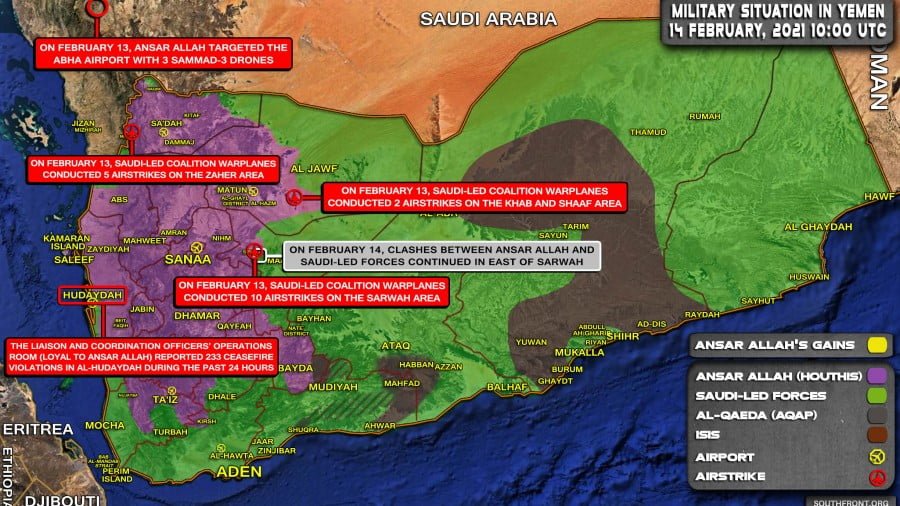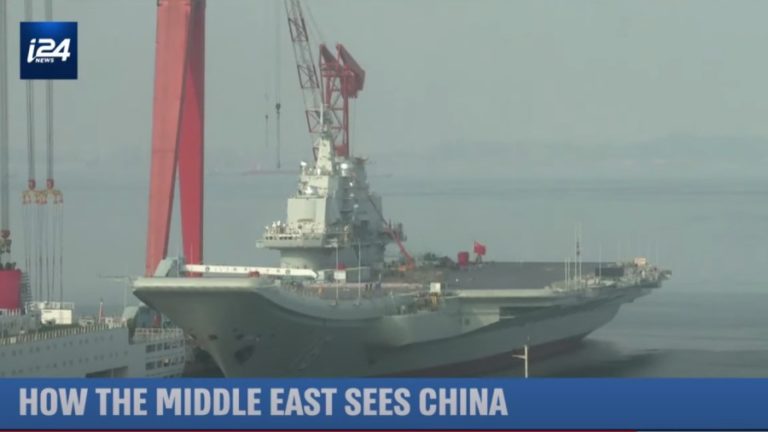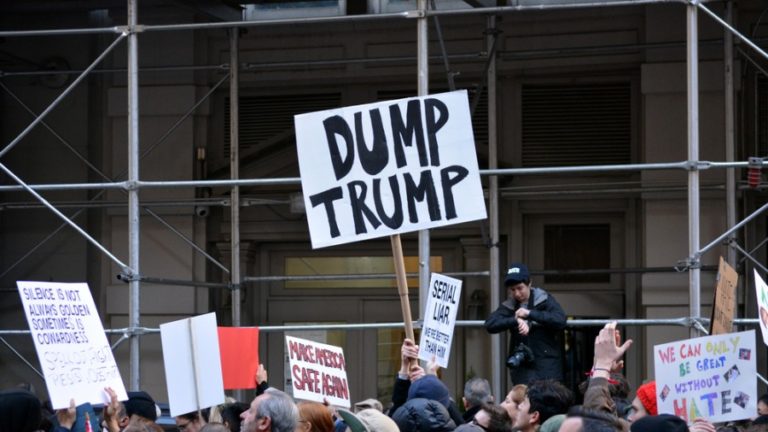US Changes Its Role in Yemeni War As It Seeks to Impose ‘Peace Deal’ on Its Terms
In his first speech on foreign policy President Joe Biden announced that the United States would would end its support for Saudi Arabia’s genocidal war in Yemen. This would include a ban on selling weapons that facilitated ‘offensive operations’ by Saudi Arabia and its allies in Yemen.
However, Biden went on to qualify his comments by stating that the United States would continue to defend the Saudi dictatorship which means that weapons of a ‘defensive’ nature such as Patriot missile systems would continue to be supplied to Riyadh.
If so called US diplomacy fails this comment leaves the door open for the United States to continue supporting the Saudi war effort under the pretext of defending Saudi sovereignty.
Biden has not specified whether US support for Saudi ‘offensive operations’ includes the continued supply of American surveillance such as satellite imagery and other intelligence.
He said nothing about the US taking action to end the air, land and sea blockade of Yemen by Saudi Arabia and its allies that is responsible for mass hunger and malnutrition. 80% of the 30 million people in Yemen are on the verge of famine.
According to the World Food Programme over 400,000 children under the age of five are in danger of dying from acute malnutrition this year.
Meanwhile, Blinken, the new Secretary of State, has talked about sanctioning the Houthis which will hamper even further the delivery of emergency food aid to Yemen.
In his first speech on foreign policy Biden went further by declaring that he would step up US diplomacy to bring an end to the conflict and that he had appointed a special envoy to Yemen. Apparently, the pretext for this was the president’s desire to bring an end to the humanitarian catastrophe that is enveloping the people of Yemen.
This is quite ironic considering that Biden and Obama helped bring about the war in the first place when they gave Saudi Arabia the green light to invade Yemen back in 2015. They supplied it with billions of dollars worth of offensive weaponry.
Finally, Biden completely failed to omit from his speech the fact that the United States will continue drone operations in Yemen. Allegedly, these drone operations are part of an ongoing military operation against the threat of Al Qaeda. However, the majority of casualties from American drone strikes as civilians.
Reasons for change in American stance
If you delve beneath the surface of the diplomatic fan fair accompanying Biden’s announcement then it is clear that this change in American policy is motivated primarily by events on the ground in Yemen. Over the last five years the Saudi led coalition of the killing has spent billions of dollars trying to crush the Ansar Allah movement otherwise known as the Houthis and ignominiously failed in its efforts.
The Houthis have not only held onto the capital capital Sanaa and their northern heartlands but taken the fight into the southern regions of Saudi Arabia such as Jizan inflicting severe losses in terms of casualties. Large quantities of Saudi weapons and military equipment have also been captured by the Houthis.
In a recent statement Brigadier General Yahya Sari, a spokesman for the Houthis said that in January alone the Saudi led coalition had suffered 1283 casualties along with the destruction/damage of 92 armoured and military vehicles. Many will dismiss this as Houthi propaganda.
Yet the Houthis regularly put out videos showing footage of battles on different fronts of the war showing the capture of large amounts of Saudi coalition weaponry and the destruction of large numbers of armoured personnel carriers and other military vehicles. Besides this, the videos reveal how the Houthis have captured large numbers of soldiers from the Saudi led coalition, many of whom mercenaries.
We should also recognise that there are other factors that have influenced Biden’s decision to change American policy towards the war in Yemen. Undoubtedly, the sustained efforts of anti-war activists in the United States and around the world have had some impact on both public opinion and the Democratic Party.
Only a week before Biden’s first speech on foreign policy anti-war activists and union workers in Ontario blocked trucks shipping armoured vehicles to Saudi Arabia. Countless other protests of a similar nature to this have helped build up a groundswell of opposition to the Yemen war.
The change in American policy towards the Yemeni conflict is also influenced by geopolitical concerns. The American Empire recognises the negative impact of the Yemeni war upon its allies in the Gulf region. In 2017 Qatar withdrew its support for the Saudi led war which led to Saudi Arabia imposing a blockade upon Doha. Qatar then was free to more fully pursue its own dependent foreign policy which included restoring some trade relations with Iran and moving firmly into the orbit of Turkey.
Of course, the United States also saw the danger to its own position in the Middle East when its bloc of allies amongst the Gulf dictatorships were now squabbling and threatening each other.
It is clear that the Biden administration wishes to force Iran to the negotiating table and force it to cease its nuclear programme under even more restrictions than the Obama nuclear deal of 2015. To achieve this, Biden needs all of his allies in the Middle East to be unified under American direction.
It is also clear that the Biden regime seeks to impose an end to the Yemeni war on its terms, to meet the geopolitical and economic interests of itself and its Gulf allies.
According to the US Energy Information Adminstration (EIA) the oil reserves of Yemen amount to 3 billion barrels and its gas reserves amount to 6.9 trillion cubic feet.
The United States and Saudi Arabia also see Yemen’s strategic location as a means of bypassing the choke point that is the strait of Hormuz. Saudi Arabia has built several pipelines that bypass the straight of Hormuz which take oil to the Red Sea which can then be shipped to China and other important Asian markets.
However, the Bab El-Mandeb Strait is a narrow choke point. It is located between Yemen, Djibouti, and Eritrea, and it connects the Red Sea with the Gulf of Aden and the Arabian Sea.
We shouldn’t forget that the Trump regime’s recent classification of the Houthis as a terrorist organisation came after Ansar Allah forces attacked Saudi oil tankers in the Red Sea.
Besides the oil and gas angle the United States and the Gulf dictatorships are also fully aware of the vast mineral resources of Yemen which include gold, silver, copper, zinc, cobalt and nickel.
According to the World Atlas Yemen has large industrial mineral deposits of limestone, magnesite, scoria, sandstone, gypsum, marble, perlite, dolomite, feldspar, and Celestine. Yemen also contains the most fertile land in the Arabian peninsula which contrasts sharply with Saudi Arabia which is heavily dependent on food imports for its growing population.
Over the next period the United States and it’s allies both in Europe and Middle East will seek to exert huge pressure upon the Houthis to come to the negotiating table to bring the conflict to an end. Let us be very clear that this so-called peace initiative will be on American terms. The American Empire will not countenance any peace deal that is favourable to the Houthi resistance.
Ansar Allah has responded with defiance to Biden’s so-called peace overture. Mohammed Al al-Houthi on behalf of the Yemen Supreme Political Council said:
“We consider any move that does not end the siege and aggression against Yemen is just a formality and do not pay any attention to it….”
He further added that if the US was serious about bringing an end to the conflict it must take concrete action to bring justice for the people of Yemen:
“Washington’s allies must also commit themselves to compensate victims, enact a package of measures to guarantee the sovereignty of Yemen, recognise its independence and legitimate rights of defence, and consider any military action either by Arab or foreign states is a criminal act.”
Since Biden’s first foreign policy speech called for an end to the war Saudi Arabia and its allies have continued the aerial bombardment of Yemeni civilians and maintained their starvation blockade around the country.
Not surprisingly, faced with this war of annihilation against the Yemeni people the Houthi resistance has continued to take the fight to the Saudi led coalition.
It seems unlikely that the Houthis will buckle under international pressure over the next period and capitulate to the demands of American imperialism and stand their forces down.
If the Ansar Allah forces continue striking Saudi oil and military infrastructure then it cannot be ruled out that Biden may discard his diplomatic efforts and formally resume American support for the Saudis genocidal war. After all, the American Empire is a rather vengeful beast and does not take kindly to those who continue to show resistance to its will.







